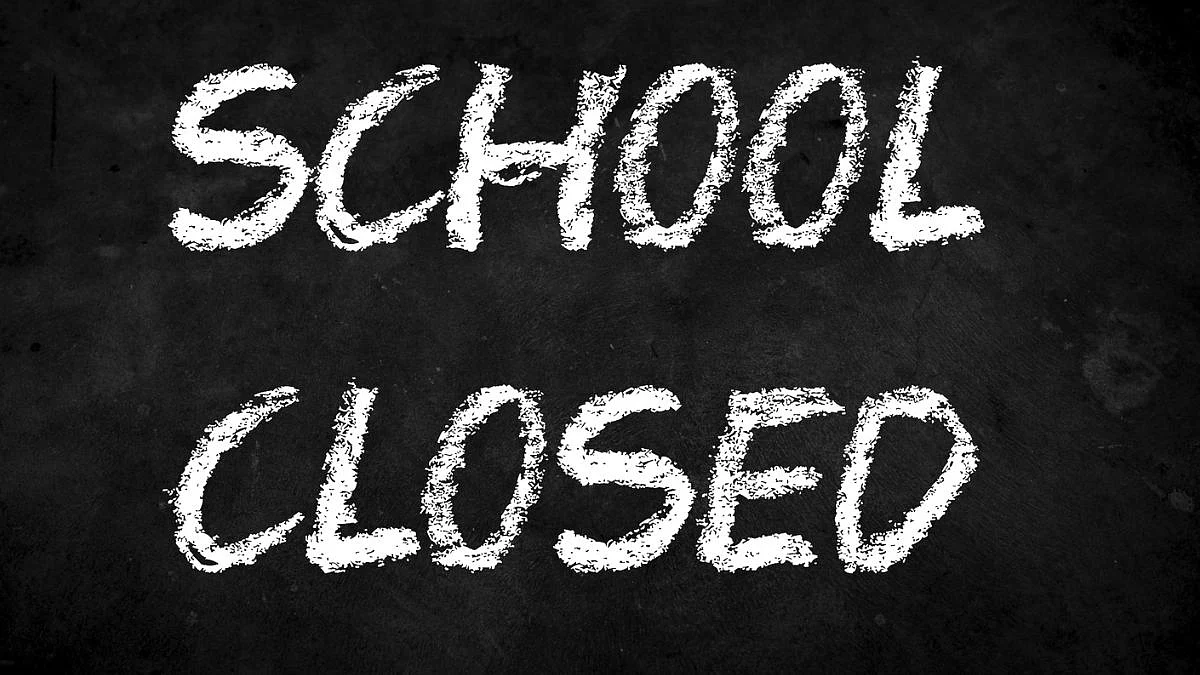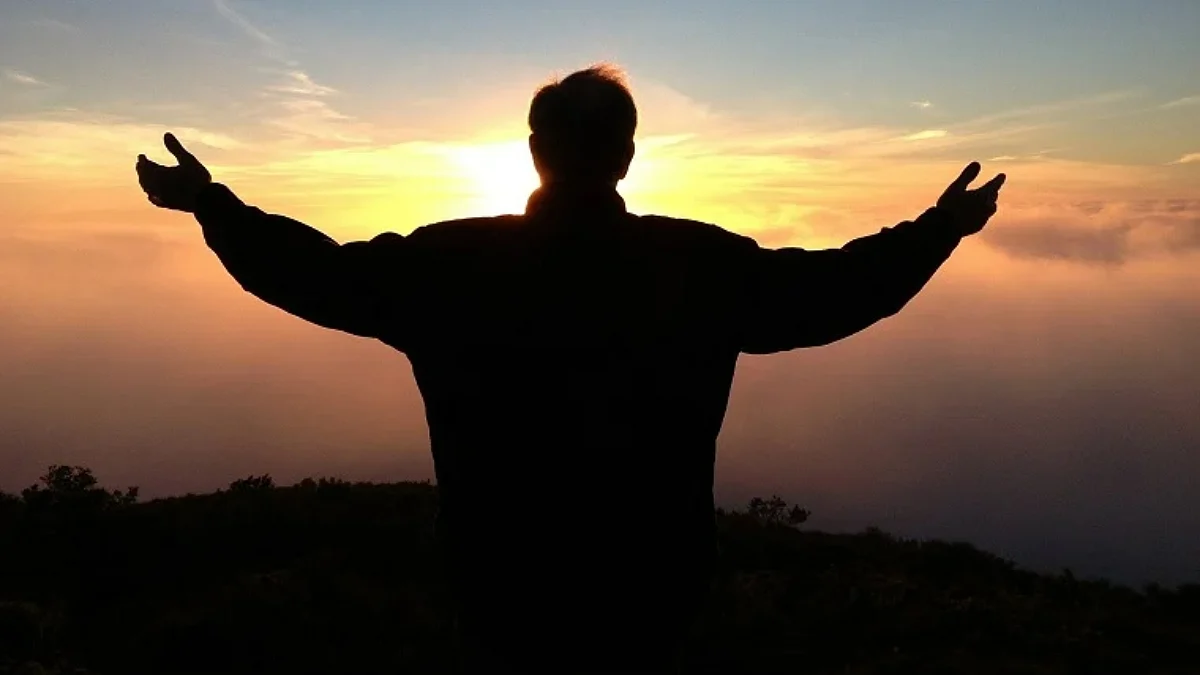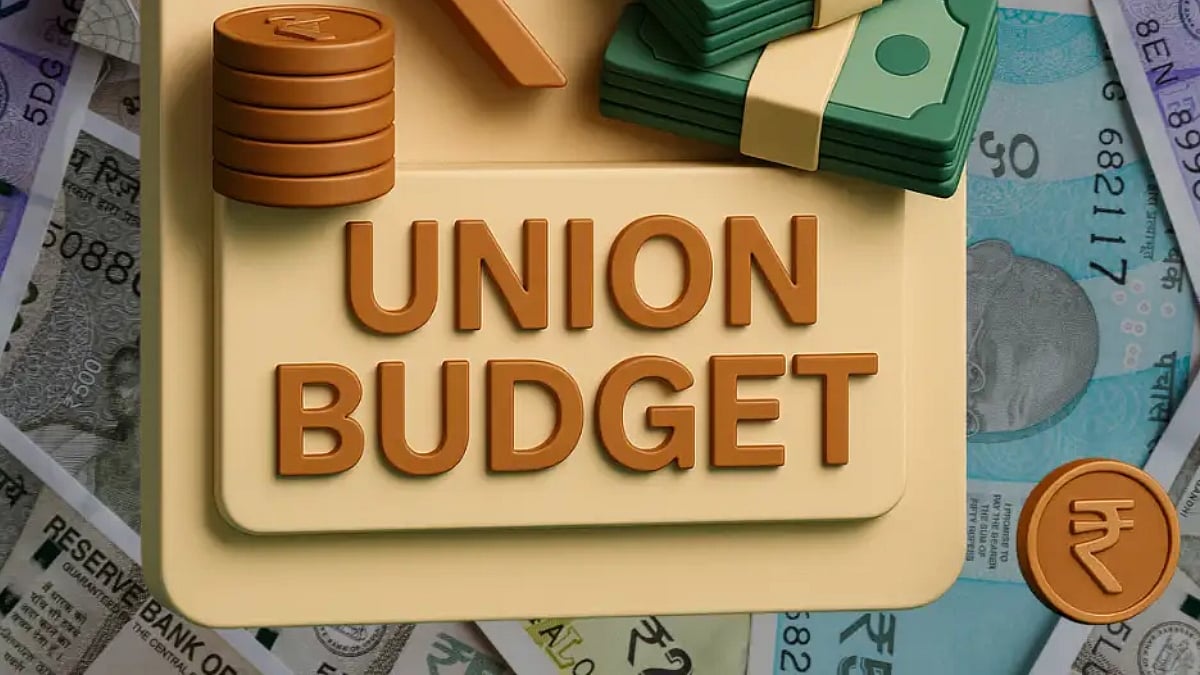The death of seven children and injuries to at least 27 others in a building collapse at a government school in Rajasthan’s Jhalawar district is an unspeakable tragedy that was wholly avoidable. Safety is the cardinal principle that should guide schooling, beginning with the trip to school, the time spent in the institution, and the journey back home. Evidently, administrators in Rajasthan and elsewhere have not felt compelled to address glaring lacunae in the maintenance of buildings, which led to the structure in poor repair collapsing at the Piplodi Government School in Jhalawar, taking the lives of children, including a six-year-old. Two other school buildings also collapsed elsewhere, but students had a providential escape because one in Nagaur had been closed preventively due to damage and the second in Karauli had not reopened for the day. State governments, which are ultimately responsible for public safety, predictably become wiser after the fact, and the incident in Rajasthan is no different: an inspection of all public buildings has been ordered by the BJP government, while the Union Ministry of Education has made a safety audit at schools mandatory, covering the state of student facilities; five officials were suspended to assuage the community. What happened in Piplodi is particularly distressing, because students had been complaining about the rain-damaged roof, but their pleas were ignored by teachers and authorities, defying even common sense. It is also disturbing that the monsoon's impact was not anticipated by the district authorities, in spite of a state government report identifying 2,200 schools to be in a dilapidated condition and 49,000 in need of repairs to electrical fittings and water structures.
The lack of attention to safe and high-quality public schooling is a global embarrassment for the country, and it has persisted through the decades, in spite of the literature pointing to the vital importance of schooling not just for economic development, but also for individual advancement and well-being. The Union government has been collecting a 4% Health and Education Cess since 2018-19, with the latest annual collection touching Rs 73,000 crore, the bulk of it devoted to primary and middle school schemes for the poor. It cannot be argued, simultaneously, that India has world-leading economic growth and also that it lacks sufficient funds for school safety. There are distressing reports of road accidents involving students going to school from around the country because of inadequate transport access. Extreme monsoon weather, influenced by climate change, threatens old public buildings and houses. What is more, western India is projected to receive heavy, erratic rain as part of this pattern, and more cyclones are forming in the Arabian Sea than the Bay of Bengal. Such factors should sound the alarm in all states, and remedial action on public buildings needs to follow. Safe, universal, and free schooling is the cornerstone of a truly Viksit Bharat, and governments must do everything to achieve that within the decade.






